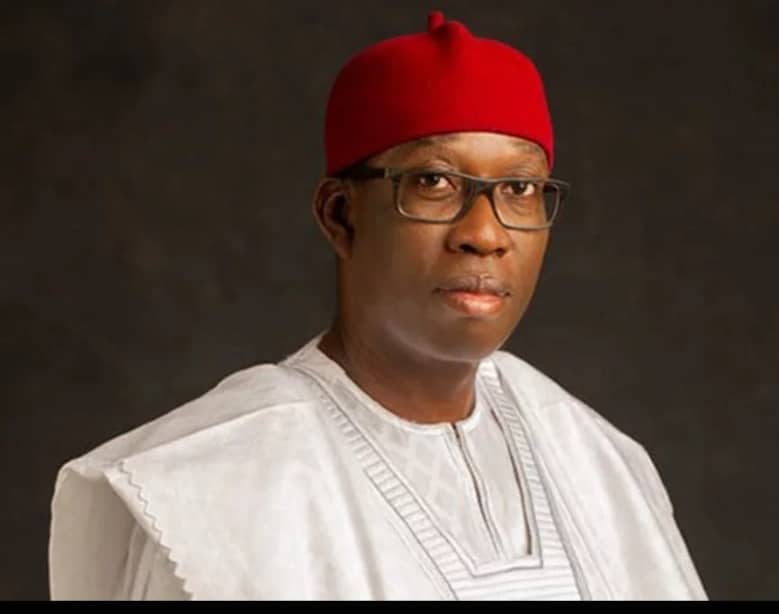Olisa Agbakoba argues that the prioritization of state creation is misplaced.

Olisa Agbakoba, SAN, criticized the push by certain House of Representatives members for
state creation in the South-East.
The statement was given by him during an interview with journalists on Sunday in Lagos.
Agbakoba criticized the proposal as a misdirected focus and advocated for regionalism as a solution to the numerous issues facing the country.
It has been stated by the ex-President of the Nigerian Bar Association
(NBA) that a majority of the current 36 states in Nigeria are not economically sustainable.
DAILY POST remembers that the House of Representatives recently approved a bill for further consideration,
proposing the establishment of Etiti State from parts of Abia, Anambra, Ebonyi, Enugu,
and Imo states in the South-East region.
The bill was introduced by Representatives Godwin Ogah, Miriam Onuoha, Kama Nkemkama, Princess Nnabuife,
and Anayo Onwuegbu
Ogah (LP, Abia) led the discussion on the fundamental principles of the bill, emphasizing
that the creation of Etiti State is not only for administrative purposes but also for
promoting balanced regional development and efficient governance. Furthermore,
there have been appeals from lawmakers and stakeholders for the formation of
Anioma State using states from the South-South and South-East regions.
Senator Ned Nwoko (PDP-Delta North) is among the individuals spearheading the initiative to establish
Anioma State, citing the need to address the alleged marginalization of the South-East geopolitical zone.
He mentioned that the establishment of Anioma State would lead to a rise in the population, land area, and available resources in the South-East region.
In response, Agbakoba emphasized that Nigeria does not require additional states at this time. He suggested that policymakers and other influential figures focus on restructuring the country
into a regional government that accurately represents its diverse nature.
Agbakoba expressed his opposition to the creation of more states,
citing that the majority of the existing 36 states were economically unsustainable, financially unstable,
and unable to facilitate infrastructural growth or afford the suggested minimum wage.